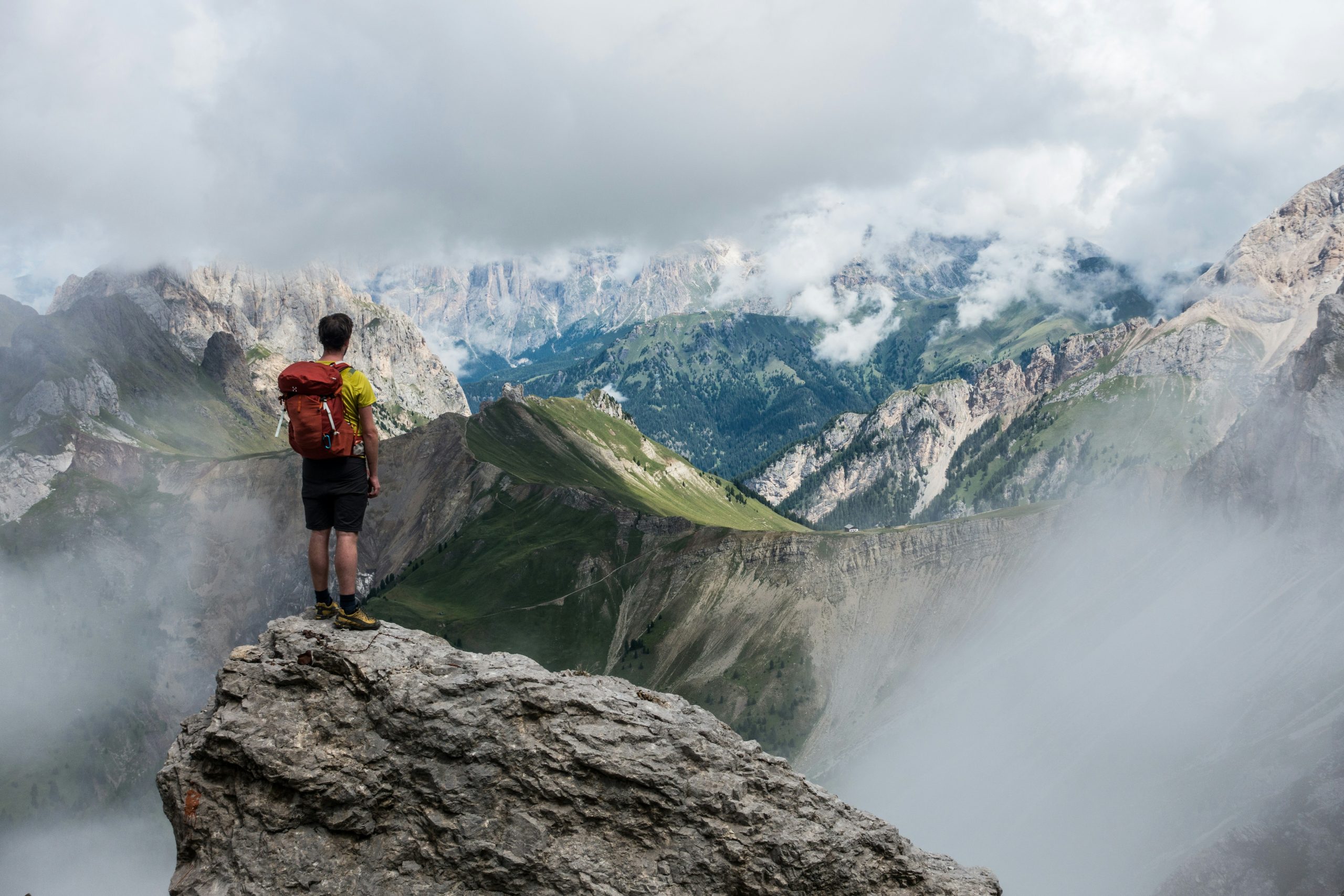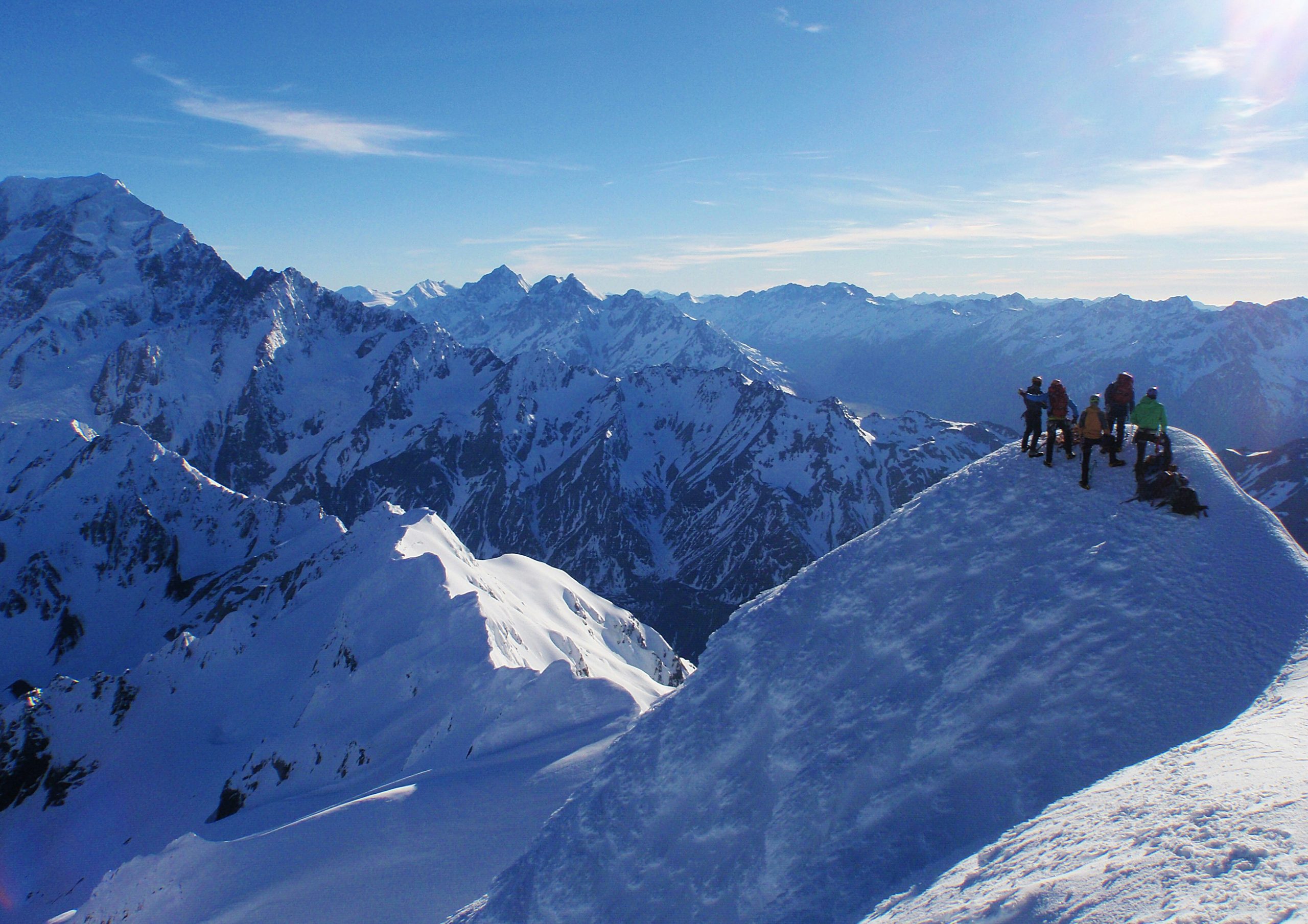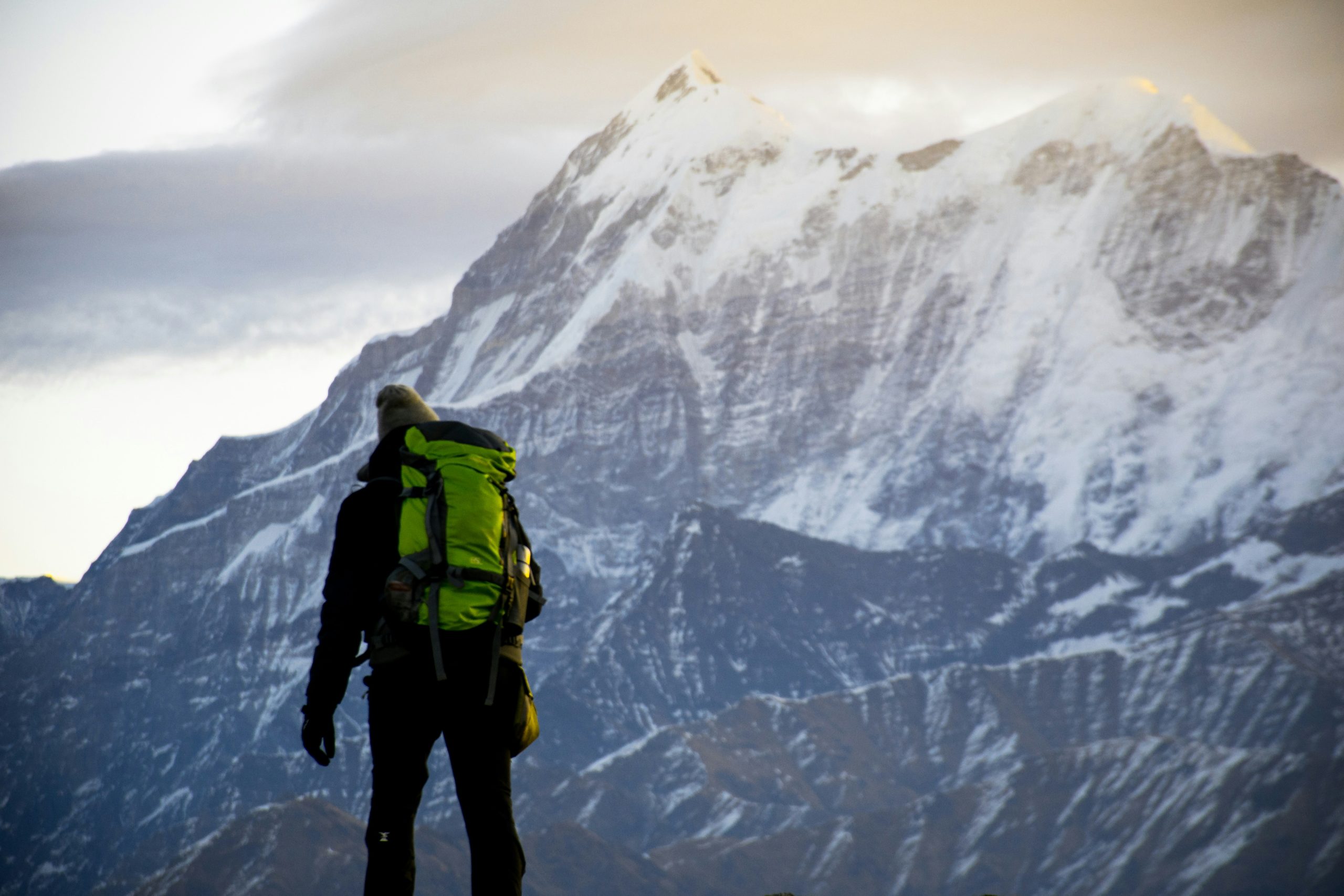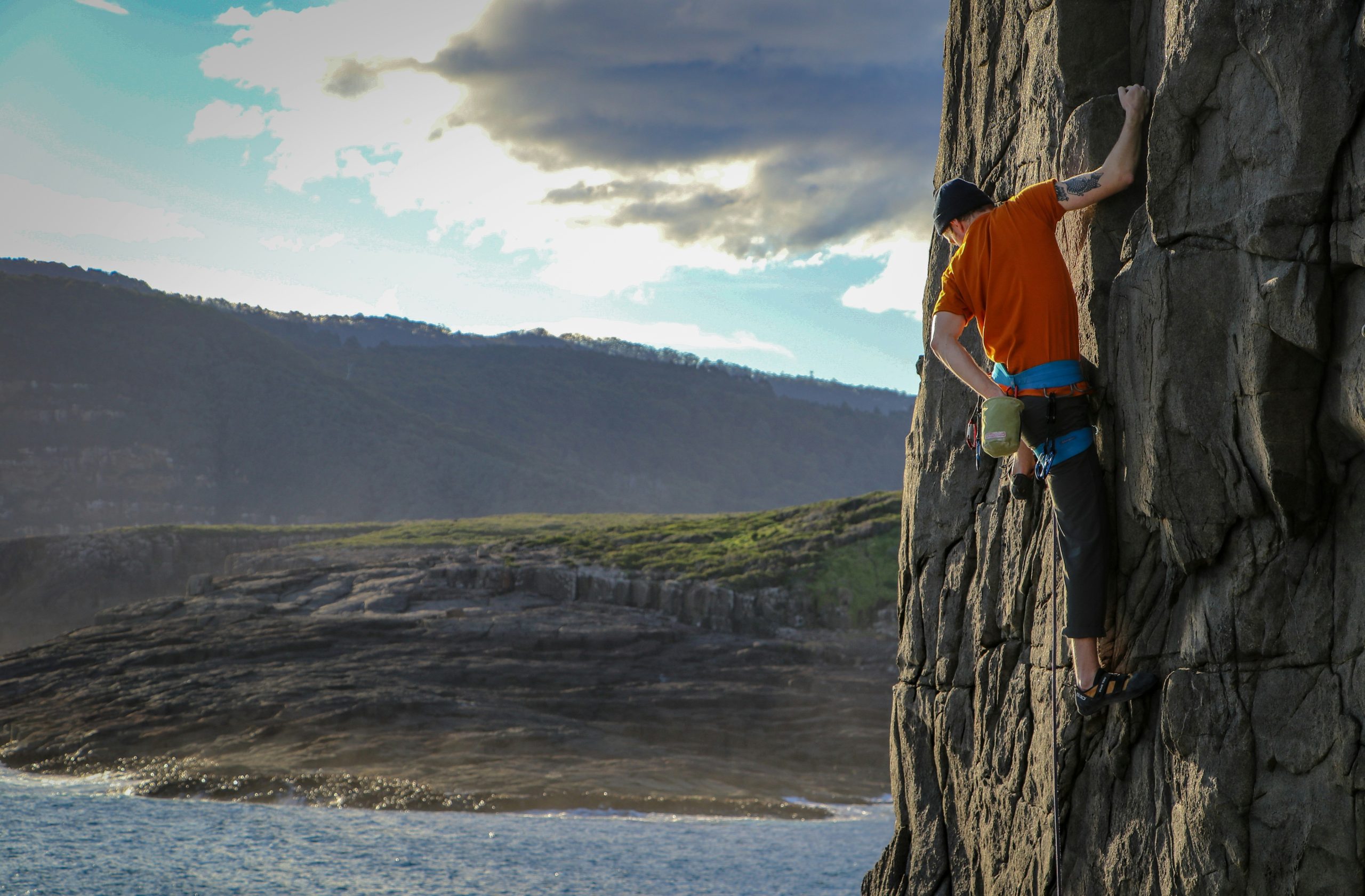mountain climbing in Africa

Experience the thrill of mountain climbing in Africa with our guide to the most breathtaking peaks on the continent. Join us as we explore the rugged beauty and challenges of scaling Africa’s majestic mountains.
popular mountains in Africa to climb

Exploring the Best Mountains in Africa for Climbing Adventures
With its diverse landscapes and breathtaking scenery, Africa offers some of the most exhilarating mountain climbing experiences in the world. Whether you’re a seasoned climber or a novice looking to conquer your first peak, Africa has a variety of popular mountains to climb that cater to all skill levels.
Mount Kilimanjaro
One of Africa’s most iconic peaks, Mount Kilimanjaro in Tanzania stands as the tallest freestanding mountain in the world. Climbing Kilimanjaro is a popular choice for adventurers seeking a challenging yet achievable summit. With several routes to choose from, including the popular Marangu and Machame routes, climbers can experience a range of landscapes from lush rainforests to rugged alpine deserts.
Mount Kenya
Mount Kenya, also in Kenya, offers a stunning mountain climbing experience with its jagged peaks and diverse flora and fauna. The mountain is an extinct volcano with multiple peaks to conquer, including Point Lenana, Nelion, and Batian. Climbers can choose from various routes, such as the Sirimon and Chogoria routes, each offering unique challenges and stunning views.
The Drakensberg Mountains
In South Africa, The Drakensberg Mountains provide a picturesque setting for mountain climbing enthusiasts. With an array of peaks to explore, including Cathedral Peak and Champagne Castle, climbers can enjoy varying levels of difficulty and awe-inspiring vistas. The region is known for its dramatic cliffs, lush valleys, and rich cultural heritage.
Rwenzori Mountains
Located on the border between Uganda and the Democratic Republic of Congo, the Rwenzori Mountains offer a unique climbing experience for those looking to explore less-traveled paths. The Rwenzoris are known for their stunning glaciers, diverse wildlife, and challenging terrain, making them a perfect destination for adventurers seeking a wilderness expedition.
Simien Mountains
In Ethiopia, the Simien Mountains are a UNESCO World Heritage Site known for their dramatic escarpments and endemic wildlife. Climbers can trek through the Simien Mountains National Park and encounter rare species such as the walia ibex and Ethiopian wolf. The rugged beauty of the region provides a thrilling experience for those seeking adventure off the beaten path.
By exploring these popular mountains in Africa to climb, adventurers can immerse themselves in the continent’s natural beauty and diverse landscapes while embarking on unforgettable mountain climbing journeys. Whether you’re a beginner looking to start your climbing journey or an experienced mountaineer seeking new challenges, Africa offers a wealth of opportunities for unforgettable mountain climbing expeditions.
essential gear and equipment for mountain climbing in Africa

Heading to Africa for a thrilling mountain climbing adventure? Being well-prepared with the right gear and equipment is crucial for a safe and enjoyable expedition. Here’s a comprehensive guide to the essential gear and equipment for mountain climbing in Africa that will help you conquer the continent’s majestic peaks.
Clothing
When it comes to mountain climbing in Africa, proper clothing is key to staying comfortable and protected in changing weather conditions. Make sure to pack the following essentials:
– Moisture-wicking base layers: Helps regulate body temperature and keeps you dry.
– Insulating layers: Fleece or down jackets for warmth during cold nights.
– Waterproof and windproof jacket and pants: Essential for protection against rain and wind.
– Hiking pants and shorts: Durable and quick-drying for varying terrain.
Footwear
Having the right footwear is essential for tackling challenging mountain terrain. Invest in quality footwear designed for mountain climbing, such as:
– Sturdy hiking boots: Provide ankle support and grip on rocky trails.
– Mountaineering boots: Insulated and crampon-compatible for high-altitude climbs.
Equipment
In addition to clothing and footwear, the following gear and equipment are essential for a successful mountain climbing expedition in Africa:
– Backpack: Choose a backpack that is comfortable to carry and has enough capacity for all your gear.
– Climbing helmet: Protects your head from falling objects or rock impacts.
– Harness and ropes: Essential for safety during technical climbs.
– Crampons and ice axe: Necessary for traversing snow and ice-covered terrain.
– Trekking poles: Provide stability and reduce strain on your knees during long descents.
Accessories
Don’t forget to pack these essential accessories for added convenience and comfort during your mountain climbing adventure in Africa:
– Sunglasses: Protect your eyes from harsh sunlight and glare at high altitudes.
– Headlamp: Essential for early morning starts or night descents.
– First aid kit: Carry essential supplies for treating minor injuries and ailments.
– Map and compass: Navigate terrain effectively and stay on course.
By ensuring you have the essential gear and equipment for mountain climbing in Africa, you’ll be well-equipped to tackle the continent’s stunning peaks with confidence and safety. Remember that proper preparation is key to a successful and memorable mountain climbing experience in Africa. So gear up, stay safe, and enjoy the adventure of a lifetime!
safety tips for mountain climbing in Africa

Planning a mountain climbing adventure in Africa can be an exhilarating experience, as the continent boasts some of the most breathtaking peaks and landscapes in the world. However, it’s essential to prioritize safety during your expedition to ensure a successful and enjoyable climb. Here are some safety tips to keep in mind:
1. Acclimatization is Key
Altitude sickness is a common concern when climbing high peaks in Africa such as Mount Kilimanjaro or Mount Kenya. It’s crucial to acclimatize properly by ascending gradually, staying hydrated, and listening to your body’s signals. Acclimate slowly to reduce the risk of altitude-related illnesses.
2. Be Prepared for Weather Changes
Weather conditions in African mountains can be unpredictable. Pack appropriate gear for rain, wind, and cold temperatures. Check weather forecasts before your climb and be ready to adjust your plans accordingly. Always carry extra layers of clothing and emergency supplies.
3. Train and Stay Fit
Mountain climbing requires physical endurance and strength. Train beforehand by hiking on challenging terrains, building leg muscles, and improving cardiovascular fitness. Being in good physical shape will not only enhance your climbing experience but also reduce the risk of injuries.
4. Follow Established Trails
Stick to marked trails to avoid getting lost or encountering dangerous obstacles. Venturing off-trail can lead to accidents, wildlife encounters, or getting stranded. Respect the natural environment and wildlife by staying on designated paths.
5. Carry Essential Safety Gear
Pack a first aid kit, navigation tools, communication devices, and emergency supplies. A headlamp, whistle, map, compass, and extra food and water are essential items to have in your backpack. Being prepared for unexpected situations can make a significant difference in emergencies.
6. Stay Hydrated and Nourished
Proper hydration and nutrition are vital during mountain climbs. Drink plenty of water to prevent dehydration, eat nutritious snacks to maintain energy levels, and avoid skipping meals. High altitudes can increase fluid loss and appetite, so prioritize staying well-hydrated and fueled.
7. Respect Local Guidelines and Wildlife
Research and adhere to local regulations and guidelines for mountain climbing in Africa. Respect wildlife habitats, cultural sites, and conservation efforts. Be mindful of the environment by minimizing your ecological footprint, disposing of waste responsibly, and leaving no trace behind.
By following these safety tips, you can embark on a memorable and safe mountain climbing expedition in Africa. Remember to prioritize your well-being, stay informed, and enjoy the stunning landscapes and challenges that African mountains have to offer.